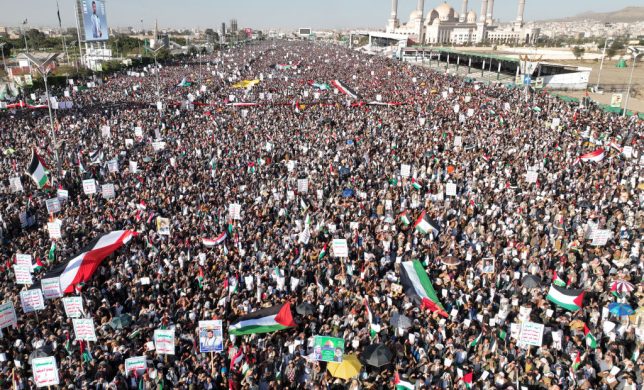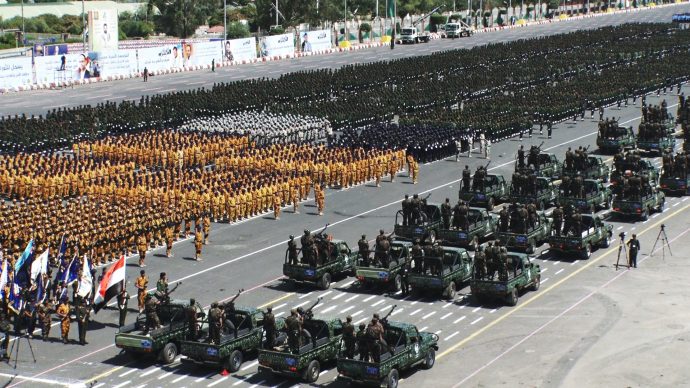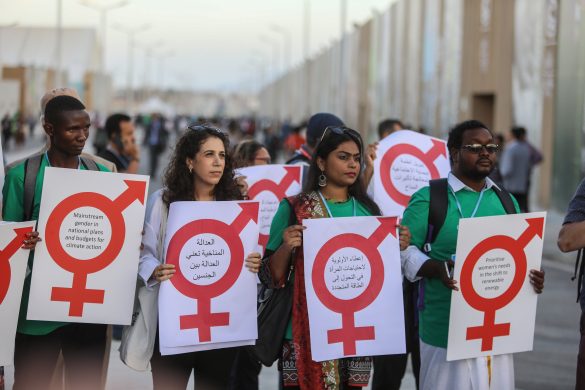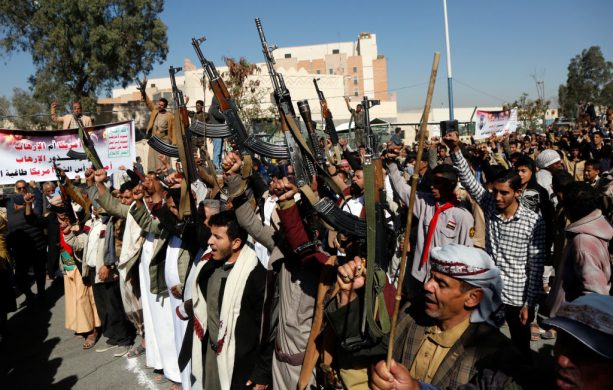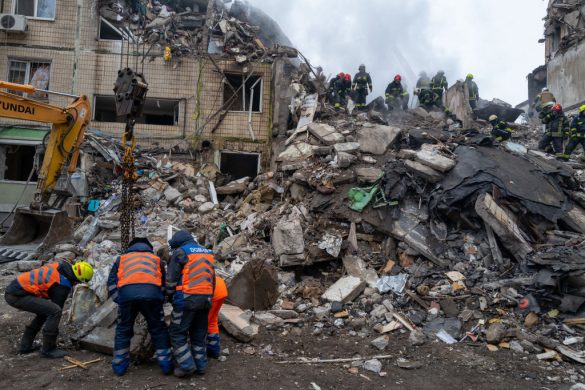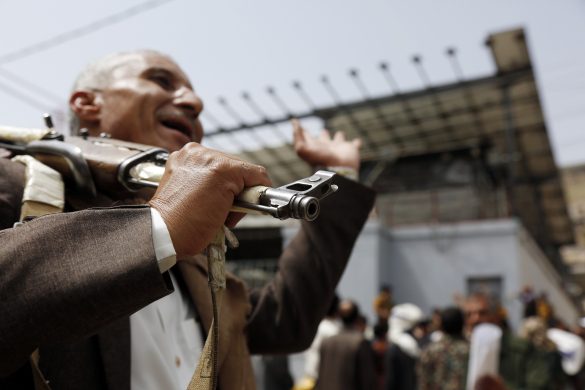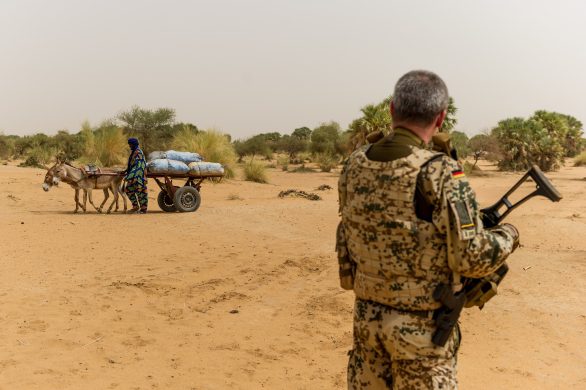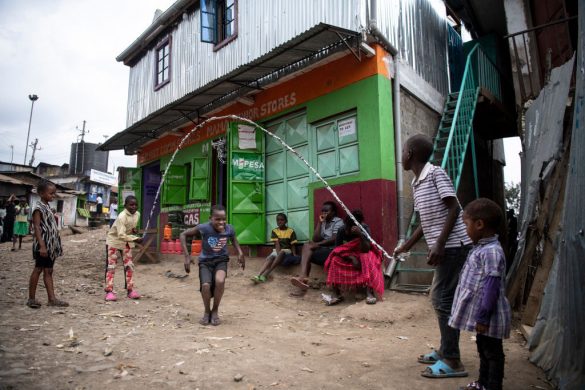NEW YORK, 19 August 2015 (UN News): Just back from Yemen and “shocked” by what he saw there, the top United Nations humanitarian official told the Security Council today that the scale of human suffering is nearly incomprehensible, and that unless stakeholders get the parties to stop the fighting and return to the negotiating table, soon “there will be nothing left to fight for.”
“The civilian population is bearing the brunt of the conflict – a shocking four out of five Yemenis require humanitarian assistance and nearly 1.5 million people are internally displaced. More than 1,000 children have been killed or injured and the number of young people recruited or used as fighters is increasing,” Under-Secretary-General for Coordination of Humanitarian Affairs, Stephen O’Brien, said to the 15 members-body.
Storby i ruiner
Reporting about “massive” needs among the population, he said they keep being exacerbated by impediments to commercial imports, resulting in widespread scarcity of food and fuel. In Aden, where people are overwhelmed by the scale of the destruction, the task ahead is rebuilding in their “shattered” city, where unexploded ordnance litter the streets and buildings. Electricity, essential for water pumping and cereal milling, is rare and intermittent, he added.
Against this backdrop, humanitarian assistance alone cannot meet all the needs of an entire country with a population of 26 million people. “This is why airports and seaports need to remain open and be used for both commercial imports and humanitarian supplies – without restrictions,” he advocated.
”Alle parter ligeglade med menneskeliv”
Denouncing the “disregard” for human life by all parties, he condemned reports of airstrikes and other shelling in and around Hudaydah port earlier this week, which damaged the main lifelines for the import of basic goods.
“I am extremely concerned that the damage to the port of Hudaydah could have a severe impact on the entire country, and would deepen humanitarian needs, making more people food insecure, leaving them without access to water or medicines, which could also mean the spread of disease.”
Parties to the conflict, he underlined, must ensure that humanitarian aid is facilitated and not hindered, and they must respect and implement international humanitarian law and possible violations must be investigated and perpetrators held accountable.
Omfanget af nøden er chokerende
“As we reflect on the state of play globally on World Humanitarian Day, we unfortunately see a worsening situation, and a scale of needless humanitarian suffering that is truly shocking. We must act. We must do more to ensure that those of us in a position to prevent the abuses perpetrated against those who can do nothing are stopped, and that those who continue to carry them out are held to account,” said Mr. O’Brien, who is also the UN Emergency Relief Coordinator.
Since the conflict began in late March, nearly seven million people in Yemen have been supported by UN agencies and their partners, with food, water, shelter, health support and protection assistance, he recalled.
“But much more needs to be done, the Under-Secretary-General acknowledged, stressing that the humanitarian community continues to scale up the response to reach all those in need, including by positioning more international staff across the country and establishing operational hubs in Aden, Ibb, Sa’ada and Mukalla, “as soon as the security situation allows.”
But success will depend on sufficient resources. Today, noted Mr. O’Brien, the World Food Programme warned again that a lack of immediate and unhindered access to people who urgently need food assistance and the shortage of funding create the possibility of famine for millions of Yemenis.
”En perfekt storm”
“Right now, the conflict-driven convergence between the lack of staple food, access to clean water, and a diminished fuel supply create the dawn of a perfect storm for the most vulnerable Yemeni people,” explained Ertharin Cousin, WFP Executive Director.
To date, only 18 per cent, some $282 million, of the 1.6 billion dollars requested through the Yemen Humanitarian Response Plan has been received and UN agencies have still not received the funding from Saudi Arabia of $274 million pledged in April, emphasized the Under-Secretary-General.
“Even once these funds are received, the response plan will only be funded at 33 per cent. Substantial additional resources will be needed to support the Yemeni people through the rest of this year and beyond.”
This is why the international community must match its actions with its words and take immediate measures to end the violence which is destroying the lives of millions of people across the country, concluded Mr. O’Brien.
“We must get the parties to stop the fighting and return to the negotiating table, before it’s too late. Otherwise there will be nothing left to fight for.”





